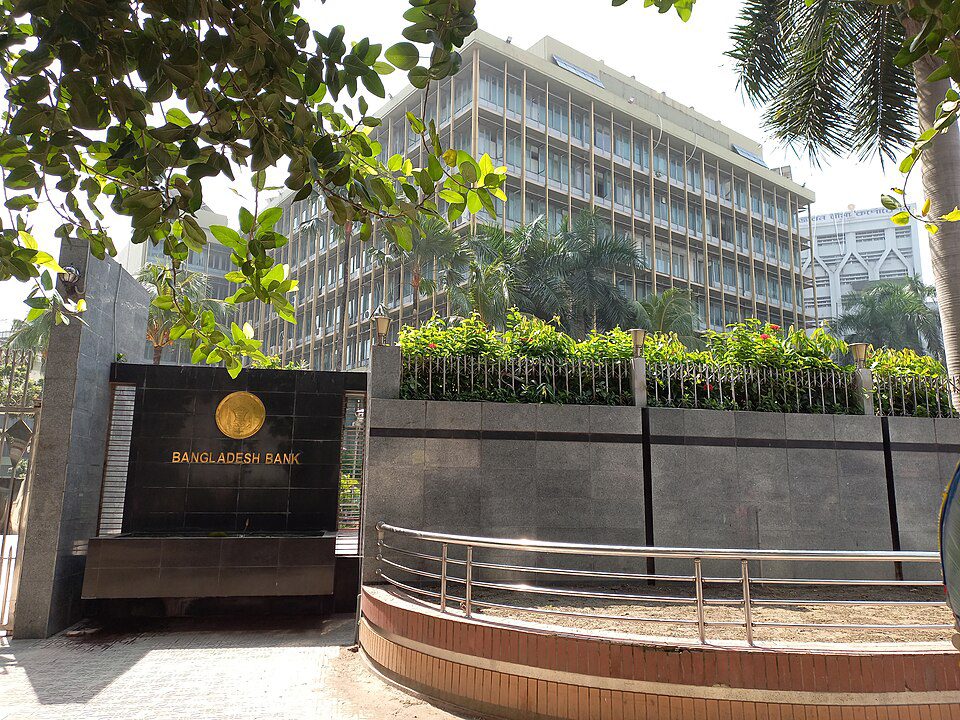Bangladesh saw a significant rise in remittance inflows through agent banking channels, reaching Tk 1,81,204.73 crore by March 2025, according to the latest quarterly report from the Bangladesh Bank (BB).
This marks a 20.87 percent increase from Tk 1,49,916.40 crore in March 2024 and a 4.51 per cent rise from the previous quarter, state-run news agency BSS reported quoting a central bank official.
The central bank attributes this growth to several factors, including the interim government’s 2.5 per cent cash incentive on remittances and financial literacy campaigns promoting legal channels for money transfers, he referred to a Bangladesh Bank report.
These initiatives have enhanced the appeal of agent banking, particularly in rural areas where 90.17 per cent of remittance recipients reside.
Moreover, banks’ financial literacy campaigns focusing on ‘Enhance Social Awareness to send Remittance through Legal Channel’, announced by the central bank is expected to have a positive impact on remittance inflow, the official added.
Agent banking becoming popular
He said agents are contributing promisingly to this regard since customers are likely to get doorstep banking services within the shortest possible time. Thus, “agent banking is becoming a popular channel for inward remittance distribution,” he continued.
Of the total, around 9.83 per cent or Tk 17,803 crore was received by those with agent banking accounts in urban areas.
The top five banks have 95.46 per cent share of the total inward remittances distributed through agent banking till March 2025.
Islami Bank Bangladesh PLC led the distribution of remittances through agent banking, handling 53.21 per cent of the total. Dutch-Bangla Bank PLC followed with 26.98 per cent, while Bank Asia PLC, Al-Arafah Islami Bank PLC, and Agrani Bank PLC accounted for 7.76 per cent, 4.34 per cent, and 3.17 per cent, respectively.
The rural unbanked
Premier Bank PLC Deputy Managing Director Abdul Quaium Chowdhury told BSS that the rising trend of agent banking, especially in rural areas, indicates that there is a remarkable potential to bring the rural unbanked people under the umbrella of formal banking services.
He said, “the flow of remittances into the country shows upward trend as the interim government has taken measures to streamline the legal channel for encouraging non-resident Bangladeshis (NRBs) to send money to the country.”
Introduced in 2013, agent banking aims to extend financial services to underserved populations in remote areas.
BB introduced the method to provide a safe alternate service delivery channel of the formal banking networks. The targeted customers were those living in geographically remote locations.
As of 31 March 2025, a total of 31 banks were offering agent banking services through 21,023 outlets operated by 15,838 agents, states another report published by the central bank.
Despite a slight decline in the numbers of agents and outlets with 1.14 per cent and 1.06 per cent respectively, the number of total accounts opened with agent banks rose by 2.46 per cent.
These outlets offer a range of services, including deposits, loans, remittances, bill payments, and access to government social safety-net programmes.


